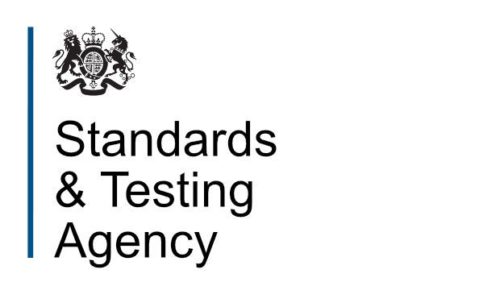By Gavin Mackintosh-
The standard and testing agency have refused to release the guidance given to the markers of the key stage to sats because it could be too stressful for teachers.
The agency said that publishing the markers training material will help in ”dispelling myths about the MTM being secret and something nefarious”. In a sharp decline to a freedom of information request by teacher Sophie Bee, for the teachers guidance, the agency said it would not be in the public interest in to disclose the requested information. They argued that ministers believe it would prejudice the effective conduct of public affairs, and rejected it under section 36 of the Freedom Of Information Act
The STA said that disclosure would be likely to add to teacher/school workload because teachers may use it to plan their lessons to teach to the test, rather than the full curriculum” This is likely to risk adding to teacher, and in turn, pupil stress”, the respond stated.. The response also added that the marking guidance is also highly likely to be misunderstood, without expert explanatory guidance. They also fear that experts and those who contribute to the guidance, could become more fearful about providing robust and comprehensive marking guidance, putting consistency, objectivity, and fairness at risk”.
The decision is shocking and appears far from reasonable. Ms Bee clearly has ambitions of improving her students chances of success, but wants to see the marking criteria to enhance her quality of teaching. The excuse citing that revealing the marking guidance would add stress to teachers and pupils is a very weak explanation to make. Uk primary school students have struggled to perform well in the last two Sats exams which have been of notably higher standards than previous years. The sats exams aim to develop primary school pupils to a high level that prepares them for the best level of secondary school education in the UK. At present, private and grammar schools provide the highest level of education in the UK, although their are a few public schools that come very close in standard. 60% of primary school pupils passed this year’s sats exams, leaving 40% of pupils entering secondary schools with a low self perception ,after failing to met expected standards. The English tests expect pupils to be well versed on subject matters like clauses and prepositions, have good punctuation skills, and be well read.
ANGER
Teachers across the country expressed anger at the high standards of the sats exams, and therefore deserve to have access to the marking criteria used to assess pupils. However, the value judgment of competent teachers should be adequate in knowing what good answers should look like. That’s assuming primary school teachers themselves have a an education level that comes close to those contributing to the marking guidelines. Hence, the reason a request for guidance is logical, making it sort of a transgression that such guidance be supplied as requested. Considerations that robust and comprehensive guidelines used would over pressurize students is a mere value judgement without not much backbone. Primary school teachers must be allowed to dictate what pressures they think their pupils can endure in attaining the required standards. Rejecting the teachers request on the grounds provide is highly unfair, and should be appealed against. Officials from the Standard Testing Agency should review their position, and consider carefully the interest of pupils , teachers, and parents in bringing the best out of primary school students.
ASSESSMENT
The eye of media.com are close to publishing our own assessment of whether the sats exams were too high for primary school pupils, or whether the problem lies with the standard of teaching and preparation of pupils by teachers. The assessment being conducted by a few members of the eye of media.com , after which it will be presented to a cross section of secondary school and University lecturers to view. The best assessments will then be put together and summarised here on the eye of media.com around the first week of September, when the new semester begins. The quality of education given to primary school pupils of great importance because these children are the future. Building their minds to the best level desirable for children their age should be the priority of all individuals and organisations connected to education. Developing children before their adolescence years is most important and must not be compromised by any level of political correctness. Britain must strive to be the world leader when it comes to education. After all, the best of British universities are amongst the very best in the world. More of our children must be helped to develop very well before the get to those impressionable years that can stir them in the wrong direction.

